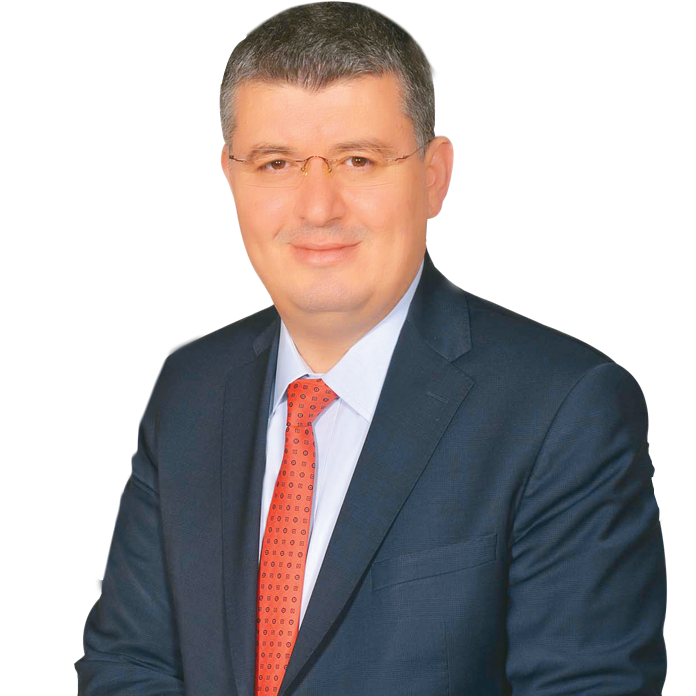The crisis in Idlib has been at the bottom of the global agenda for quite some time now, the reason being that the once-prevailing atmosphere of conflict was followed by a relatively calm period thanks to the ceasefire that went into effect on March 5, 2020.
However, in recent days, harbingers have begun to emerge indicating that this 1.5-year-old calm may be about to end.
Last Saturday, three Turkish soldiers were martyred in an attack carried out during a reconnaissance operation in the Idlib de-escalation zone.
A new splinter group that is said to be linked to Daesh claimed responsibility for the attack, but it is unclear whether they were actually behind it.
Moreover, Russian airstrikes in the region have intensified.
Another reason that makes it necessary to put the focus back on Idlib is that Russian President Vladimir Putin's joined press statement with his Syrian counterpart Bashar al-Assad at the Kremlin took veiled jabs at Turkey.
Assad’s visit to Moscow was not announced in advance, similar to his previous visits, probably because it proved far too risky security-wise.
Everyone learned that Assad went to Moscow only after the statements made by the Kremlin and Damascus on Tuesday.
In his press statement with Assad, Putin babbled on about "foreign armed forces," and without mentioning names, also took jabs at Turkey's presence in Syria:
There is no point in dwelling too much on these statements.
To counter threats from Syria in compliance with international law, Turkey carried out its cross-border operations, relying on the clear provisions of the United Nations agreement that stipulates the "right to self-defense."
The main reason for Ankara's presence in Syria is "border security."
Let's move on.
Reading between the lines of Putin’s statements is much more consequential at this point.
Before the ceasefire went into effect on March 5, 2020, more precisely in February 2020, Turkish Armed Forces in Idlib were targeted in a bombardment, in which 34 of our soldiers were martyred, and in response to this, a retaliatory swarm drone attack was launched, in the aftermath of which heavy losses were incurred by the Assad regime.
What I want to draw your attention to is the fact that Putin had visited Damascus in January 2020, right before these clashes erupted.
During that visit, which was made to exhibit that Damascus is now “a place you can go to,” it must have been decided that the Assad regime should take action to seize control over the remainder of the country, since those attacks aimed at breaking Turkey's resistance in the Idlib region were launched just a month later.
Taking this into account, we will be able to ascertain whether a similar decision was made at this last meeting in Moscow, through a number of new developments that may unfold in Idlib over the coming period.
Is Putin’s aforementioned statement in which he took aim at Turkey simply a “reiteration of his position”?
Or was the ground laid for another attack during the Moscow meeting?
As I said, after this meeting, we’ll need to closely monitor the developments on the ground in Idlib for a while to discern whether such a plan has indeed been made.
Circles I spoke to in Ankara who are familiar with these topics do not see such a scenario as “highly likely,” as Turkey's harsh and effective operation with combat drone swarms in February 2020 is still fresh in their minds.
It would be wrong to think that Ankara, which has just announced to the world that it "is no longer able to take in even a single refugee," will abandon its determined stance against a new possible exodus from Idlib, where nearly four million people are currently concentrated.
However, the stark contrast between the positions of both Ankara and Moscow regarding the “final scenario” in the Syrian is also no secret.
A few years ago, when Idlib topped the world’s agenda, a senior Turkish official I spoke to stressed that "there is no common approach to the endgame" with Russia.
This remains unchanged even today.
Turkey’s and Russia's approaches to Syria's future and their visions for it stand in stark contrast to each other in several areas at the end of the day.
This brings with it a volatile atmosphere that could snowball at any given moment.




















